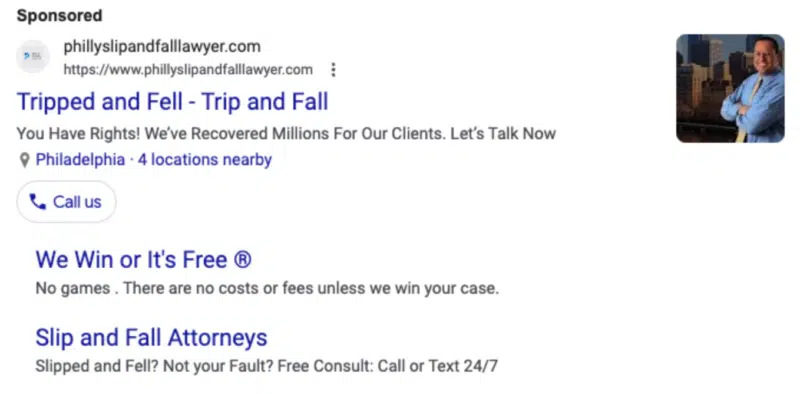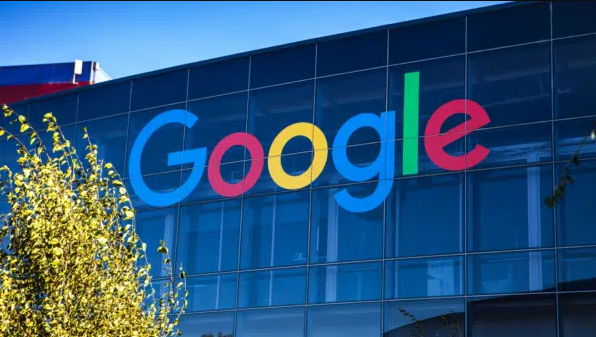Search Engine Land spoke to advertisers about the potential risks automation poses on the future of digital marketing.
Google needs to re-evaluate its approach to automation, according to some advertisers.
The search engine announced several AI-driven updates to Responsive Search Ads (RSAs) earlier this week to help streamline ad creation and boost return on investment.
However, some interpreted this update as another move by Google to promote automation – a direction that doesn’t resonate well with all advertisers.
‘We need choice regarding automation’
Greg Finn, Director of Marketing for Cypress North, explained to Search Engine Land that while generative AI can be a helpful tool, advertisers should have the choice to opt out of automation. Without this level of manual control, there is a risk of detrimental effects on campaign performance and data insight capabilities. He said:
- “It’s not that advertisers are concerned about the increase of automation – they’re concerned about automation being the only option.”
- “In my experience, we’ve found that auto-applied recommendations can often do more harm than good. Take smart bidding, for example. Sometimes, it can raise bids too high for people in specific industries. So being able to opt out can generally make performance go up – or at the very least, cut waste.”
- “Advertisers like to know where how their money is being spent. I know I do. But when you use campaigns like Performance Max, it’s quite blackbox, so you can get some insights but not the full picture.”
- “However, the biggest problem advertisers have with automation is bad automation – things you can’t opt out of. This is something that needs to be addressed.”
‘Automation can be risky’
PPC consultant Peter Bowen agreed that while AI can be an effective tool for maximizing campaign performance, advertisers should be able to opt out. Delving into specifics, especially concerning RSA updates – such as the ability to display a single headline based on predicted performance – he expressed general support for the concept. Nonetheless, he stressed that advertisers require more control to achieve optimal results. Speaking to Search Engine Land, he said:
- “A single headline will be shown in RSAs if it’s expected to improve performance, but at the moment, the advertiser doesn’t have the ability to define what performance improvement they’re after.”
- “When automation operates without clear advertiser-defined constraints, it is risky.”
- “Google benefits from improved clickthrough rate but that doesn’t translate directly to improved advertising results, so it’ll be interesting to see who’s interest this automation favours.”
- “Of course, automation saves labor, and that’s a good thing. But, automation is only safe when it operates under a set of rules.”
- “I think Google is trying to make advertising work for their average customers, but there are a lot of people far away from the average advertiser, so their drive to automation isn’t working as well.”
‘I don’t trust the machine’
Anthony Higman, CEO of online advertising agency Adsquire, also expressed concerns regarding RSAs, highlighting their use of AI for determining ad copy variations. Describing RSAs as “awful,” he substantiated his apprehensions by sharing a screenshot that showcased an instance where an AI error negatively affected ad copy:

Higman emphasized the lack of control for advertisers in addressing or preventing issues seen in the example above, underscoring his worries about the overall quality of Google Ads’ automated features. He told Search Engine Land:
- “Advertising is not a one size fits all situation. There are more nuances than what AI decides regarding ad platforms and I think that bad data can skew those metrics. So at this point in time, no I don’t entirely trust the machine.”
- “Obviously, we are adapting to the new forced system, but again I think that in a lot of instances, AI can make decisions based on either false data and/or Google’s current goals – and that that is not always ideal for advertisers.”
- “I understand that it is a work in progress and Google is working to improve the system, but again, I think that there are just way too many nuances for RSAs to say this is the best headline so this is what we are going to show.”
- “I don’t think that the current system really works and it needs to be addressed by Google.”
Google’s advice
In response to marketers’ concerns about the inability to opt out of automation, Search Engine Land interviewed Sylvanus Bent, Group Product Manager, Search Ads, Google. He clarified that for optimal campaign results, a synergistic approach involving both human expertise and AI is the best approach. He said:
- “Using AI doesn’t mean advertisers will be completely hands-off – the combination of human expertise and AI-powered insights ensures the inputs provided allow advertisers to guide the AI to drive the best results.”
- “AI is a critical part of the Ads ecosystem and we’re committed to providing advertisers with the tools they need to stay in control from the moment they create a campaign using generated assets all the way to AI-powered reporting, insights, and optimization recommendations.”
- “By harnessing these tools, advertisers can keep pace with evolving customer behaviors and deliver more tailored messages to their audiences.”
Follow best practice
Responding to concerns about the quality of RSAs, Bent advised advertisers to follow the company’s best practice guidelines. He highlighted the importance of using features like Ad Strength to optimize campaigns, noting that advertisers who enhance their Ad Strength rating from “Poor” to “Excellent” experience an average increase of 12% in conversions.
He encouraged advertisers to leverage this AI-powered tool to enhance the quality of their RSAs for maximum results. Sharing more insights into how advertisers can improve the quality of RSAs, he continued:
- “When you provide the most unique headlines possible, you give your RSAs more options to match ads with relevant search queries.”
- “And to boost performance further, RSAs can now dynamically display a single headline when predicted to improve results, and will ultimately reduce redundancy where there are multiple headlines.”
- “This flexibility, along with providing more headlines and descriptions, enables advertisers to tailor ads more closely to match potential customers’ search queries.”
The future of automation
Sundar Pichai, CEO of Alphabet, acknowledged the pivotal role played by AI in Google’s remarkable achievement of $48 billion in search revenue during the last quarter of 2023. Pichai emphasized the positive influence of Google’s AI investments and expressed optimism regarding the future of automation. Despite this positive outlook, however, some advertisers are wary, concerned that Google might be progressing towards full automation, which may significantly impact their marketing strategies moving forward.
Responding to these concerns, Bent assured that the majority of Google advertisers are already embracing AI. With that in mind, Google remains committed to further investment in this area.
While acknowledging the widespread adoption of AI, Bent urged the advertising community to voice genuine concerns and provide feedback. Google hopes this collaborative approach will enable it to refine its offerings based on valuable insights from advertisers. He added:
- “We continue to expand our AI capabilities to improve advertiser results and simplify campaign setup and management.”
- “Today, nearly 80% of advertisers already use at least one AI-powered Search ads product. Google AI works best when advertisers provide their expertise about their businesses and customers.”
- “We’ll keep listening to advertiser feedback and exploring ways to better serve our users and advertisers; their success remains our core focus.”


